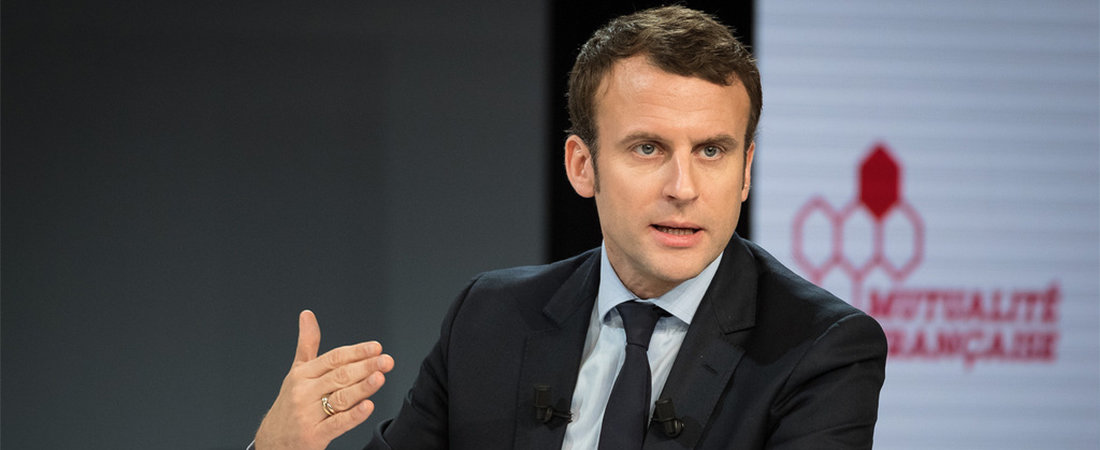Forget the presidency in France, it’s all about parliament. Four days after the UK’s general election, the French will also be called to elect their representatives for the National Assembly. Voters will have to choose between candidates from at least five different parties and will often vote twice, in a two-round system akin to that of the presidency.
France’s Prime Minister will then be chosen according to the parliamentary majority, and most policies subject to parliamentary approval. That means that Marine Le Pen’s proposed Frexit referendum, or Emmanuel Macron’s calls for a deeper Common Agricultural Policy, could only be implemented if the elections in June grant them a majority in parliament. That is far from certain.
Historically, French legislative elections have always been a confirmation of the Presidential elections. Voters were consistent in giving a clear mandate to the president by granting the parliamentary majority to either one of the two parties having won the presidential election. However, this weekend’s election has triggered an unprecedented realignment of the political spectrum, shattering the dominance of the two mainstream parties who have ruled for the past 60 years, and moving to a more fragmented political landscape.
The results from the first round of the Presidential elections show that the national vote has broadly split in four, with many regions voting overwhelmingly for one of the four leading candidates: Francois Fillon, Jean-Luc Mélenchon, Marine Le Pen and Emmanuel Macron.
Neither of the candidates through to the second round has much parliamentary support. Regardless of who wins the Presidency, there will be no incumbent from the party of the president running in the legislative election in 576 out of 577 constituencies. Most candidates from Emmanuel Macron’s En Marche! party and Marine Le Pen’s Front National party will be political novices.
The votes taking place on the 11th and 18th June will therefore be crucial in defining French politics, including France’s stance towards the European Union. If Le Pen wins the presidency, she is far from assured from securing a Parliamentary majority. Her plans to leave the Euro and the European Union could not in any case be implemented until the legislative elections. If, as the polls predict, Macron becomes France’s next president, he would have to build parliamentary majority from scratch and will be keen to secure as large a consensus as possible.
If he does succeed in building a presidential majority, his stance on Brexit might be more conciliatory than his strongly pro-EU rhetoric might suggest. His chief economic advisor, Jean Pisani-Ferry, published a report last summer which calls for a “continental partnership” with the UK. Its conclusion bodes well for the UK: “The EU will have to agree among its members to put aside punitive motives and reach an economic settlement that grants control over labour mobility to the UK while allowing continued access to, and participation in, important parts of the single market”.

